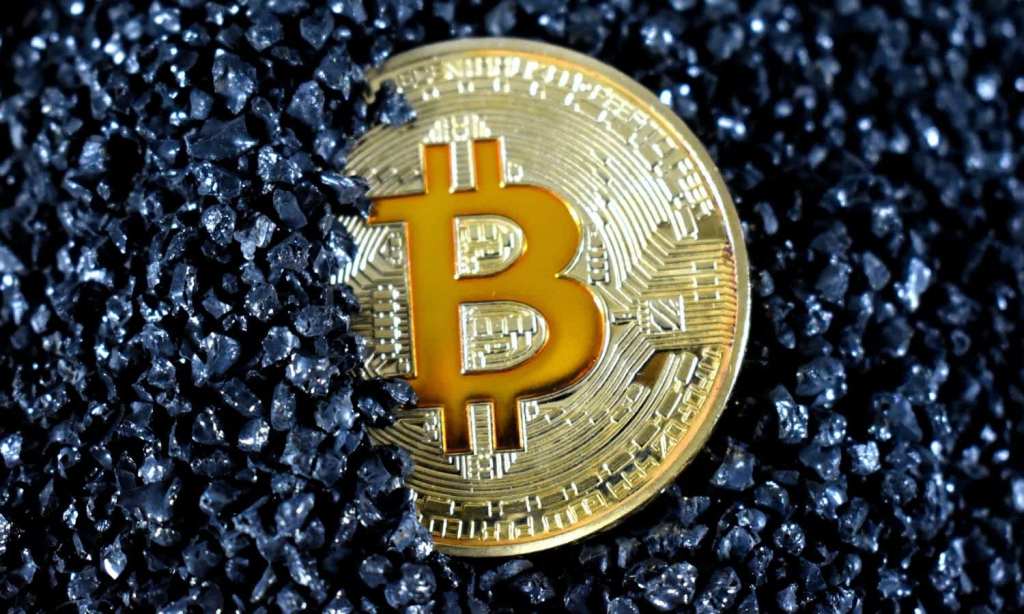About a month ago, an analysis by Cambridge University showed bitcoin to consume around 121.36 terawatt-hours a year, which is more power than it takes to run an entire country.
These concerning statistics came shortly after Tesla – Elon Musk’s electronic vehicle company – made a heavy investment into Bitcoin, buying $1.5 billion worth of cryptocurrency and vowing to accept it as payment in the future.
Since then, Musk has announced that his car company will no longer accept the cryptocurrency as payment, has sold 10% of Tesla’s Bitcoin holdings, and has vocalised his concerns on the currency’s lack of environmental awareness. He has communicated all of these decisions and opinions through Twitter, which has sent Bitcoin into an unstable position, to say the least.
In a statement posted to the billionaire’s Twitter, Musk said, “We are concerned about rapidly increasing use of fossil fuels for bitcoin mining and transactions, especially coal, which has the worst emissions of any fuel.
“Cryptocurrency is a good idea on many levels and we believe it has a promising future, but this cannot come at great cost to the environment. Tesla will not be selling any Bitcoin and we intend to use it for transactions as soon as mining transitions to more sustainable energy.
“We are also looking at other cryptocurrencies that use (less than 1%) of Bitcoin’s energy/transaction.”
However, this doesn’t really seem to be affecting the Australian point of view. A new survey from Finder shows 24% – nearly a quarter – of Australians want to be paid a portion of their salary with Bitcoin, with 14% giving Bitcoin’s rising value as their reasoning and the other 10% say it would help them invest before tax.
But given the recent volatile nature of the currency, with one rich and powerful man influencing the value of Bitcoin, can we trust it as an investment?
Bitcoin, the most popular form of cryptocurrency, is a decentralised digital currency that you can buy, sell and exchange directly without an intermediary like a bank.
After nudging $65,000 per bitcoin in April, the currency dropped to just under $30,000 this week, before going back up to its current value, $49,579 per Bitcoin (at the time of writing). Sure, that’s still a lot of money, especially when you think of it in comparison to stocks, which can be a rewarding investment and are also naturally volatile.
Days ago, the National Internet Finance Association of China, the China Banking Association, and the Payment and Clearing Association of China, issued a warning on social media, sharing that customers would have no protections if they dealt with losses. They’re the first to issue an official ban on Bitcoin transactions and to communicate the harsh reality that is; if Bitcoin goes down, you’ll go down with it.
Despite the volatile nature of Bitcoin, its clear harm to the environment and its unstable value, Australian company Finder believes their research indicates that cryptocurrency is becoming more legitimised.
“Bitcoin has seen impressive growth in the past year despite its sometimes volatile nature,” Taylor Blackburn, a personal finance specialist at Finder, told NCA NewsWire.
“With more Australians looking for inflation hedges, yield-bearing assets and alternative investment opportunities, it’s not surprising that this many people are willing to be paid part of their salary in Bitcoin.”
He also urged people to research cryptocurrency before buying it, or agreeing to substitute it for part of their salary. As Finder takes this plunge, it’s possible that other companies will follow, offering a choice to employees on whether they’d like a portion of their salary in Bitcoin.
“Like with any investment, there are risks involved with cryptocurrencies,” Blackburn said. “But with high risk can come high reward. Be sure to do your due diligence so you know what you’re getting into.”
Although Finder’s research found that almost a quarter of Australians would be open to this, it also showed that 55% of people were against the idea.
Of the 55% opposed to Bitcoin, 13% said Bitcoin was too volatile and did not trust it as a form of currency, while 8% said they needed to access all the money they made each payday.
With Bitcoin making pledges to become ‘greener’, the future of cryptocurrency is unknown. As are most things in the world of money and power, it’s a total gamble.
What we do know is that it will take years for miners to re-calibrate where they source energy, if not draining resources such as electricity and power. Bitcoin’s heavy use of power fired by polluting fossil fuels is a long-standing problem, using hundreds of computers that run around the clock to verify Bitcoin transactions in exchange for new coins.
It’s looking somewhat unlikely that Bitcoin will be able to operate at the capacity it has in the past in a truly sustainable way and although the Bitcoin Mining Council have agreed “to standardise energy reporting”, we probably won’t see any huge changes in their methods in the coming years.
Volatility is the nature of this beast. If you’re going to invest in cryptocurrency, be prepared to feel stressed. You may want to unfollow Elon Musk on Twitter, seeing as every time he tweets about Bitcoin, something major happens – and it’s usually not good.
If you’re thinking about investing, the best thing you can do is research the shit out of it.
Read more stories from The Latch and subscribe to our email newsletter.







